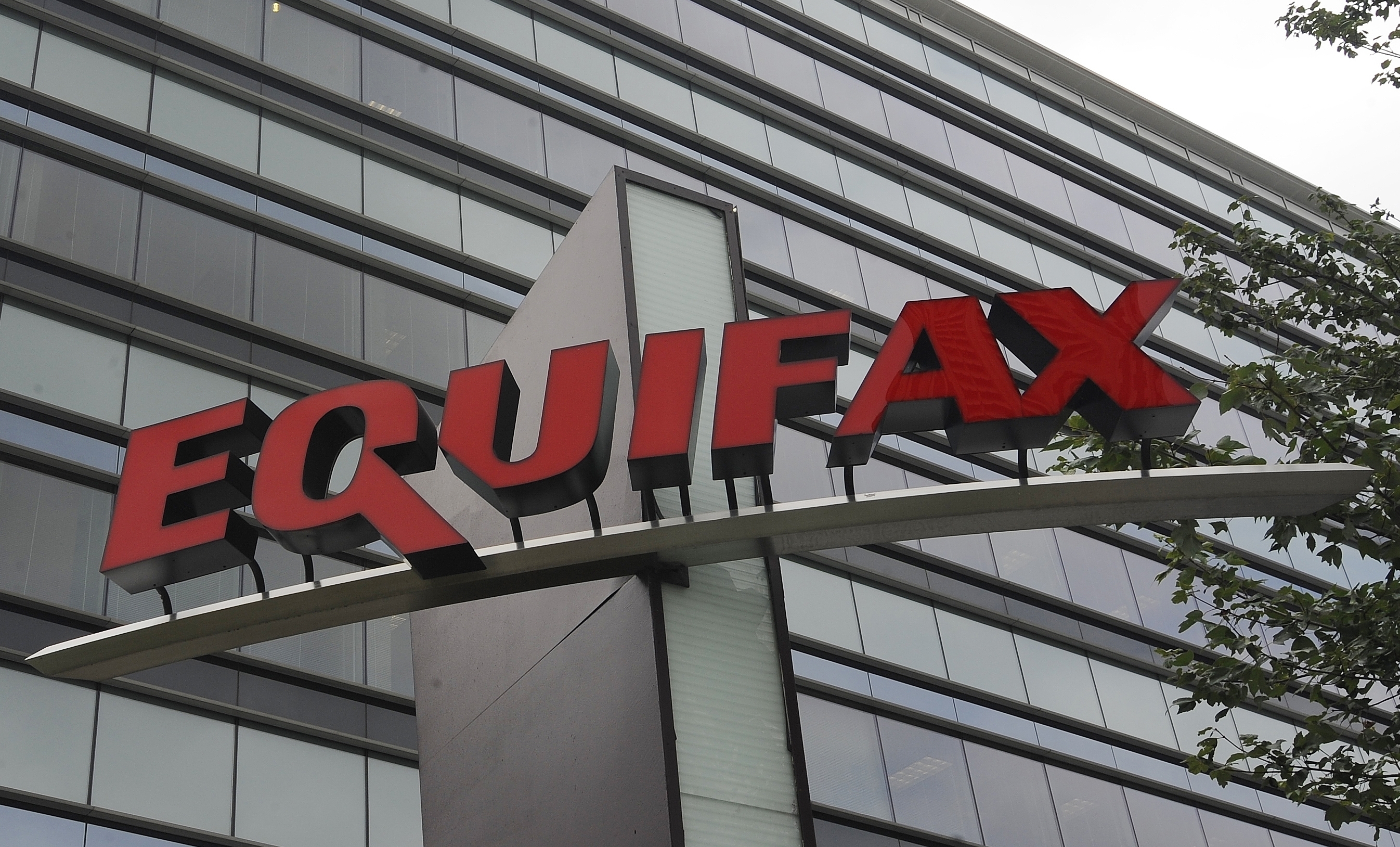
27 Dec Taking control after the Equifax hack
Photo: Equifax.comQ. I’ve hesitated to check online to see if I was part of the Equifax security breach. I’ve heard that by doing so, Equifax requires you to give up your right to hold them accountable or be part of any damage settlement they might make. What should I do?
— Credit-worried
A. You’re right to be concerned about waiving your rights, but let’s go over the details of the Equifax breach.
The private information of some 143 million people was hacked in the Equifax matter. In response, the company set up a dedicated website that contains an “Am I Impacted?” link. That link takes you to their TrustedID Premier product.
At the TrustedID Premier eligibility page, you are instructed to enter your last name and last six digits of your Social Security number, and that will provide you with a link via an enrollment button, said Mitch Feather of Creative Associates, a Madison-based cybersecurity and infrastructure consulting firm.
“When Equifax first offered this complementary TrustedID Premier subscription, there was a great deal of protesting because enrollment meant that you agreed to the terms of use, which included waiving your rights to legal representation and litigation,” Feather said. “Facing pressure from politicians and consumer groups, Equifax eliminated the waiver clause.”
At least that part went away.
But does it make sense to enroll for this free year of TrustedID Premier?
“Let’s be honest,” Feather said. “Given the breadth of the Equifax breach, you must assume that your personal information has been compromised.”
He said TrustedID can be one tool in your arsenal.
“Like any other tool, it just helps you. It does not alleviate your need and responsibility protect yourself,” he said. “You cannot delegate away this responsibility to an automated service.”
Given that, you need to be proactive and monitor and protect your own assets and information.
At a minimum, Feather said, you need to check your credit reports from all three major credit reporting bureaus. By law, you are entitled to free annual obtain copies of your Equifax, Experian and TransUnion credit reports via AnnualCreditReport.com.
You don’t have to get them all at once, so Feather recommends staggering them so you are getting one report for free every four months.
Your job doesn’t stop there,
You should monitor your bank accounts, credit cards and other asset, loan/creditor and health insurance accounts closely, Feather said. You also need to carefully watch out for phishing scams and other scams at all times.
Feather said you should consider placing credit freezes on your credit accounts at all three credit reporting bureaus, but if you do, be careful with your choices.
“A credit freeze is recommended, rather than a credit lock, because the credit freeze — or security freeze — affords you protection by law, whereas a credit lock is strictly a contractual agreement between you and the credit monitoring company,” he said.
The downside is that activating and deactivating a security freeze is more time consuming (the bureaus generally state 24 to 48 hours) while a credit lock change is instantaneous with some of the bureaus, he said.
If you decide to implement credit freezes or credit locks — you cannot have both simultaneously — you need to do this with all three bureaus.
“It doesn’t help you locking one or two doors while leaving other doors open,” Feather said.
Email your questions to Ask@NJMoneyHelp.com.
This post was first published in December 2017.
NJMoneyHelp.com presents certain general financial planning principles and advice, but should never be viewed as a substitute for obtaining advice from a personal professional advisor who understands your unique individual circumstances.
